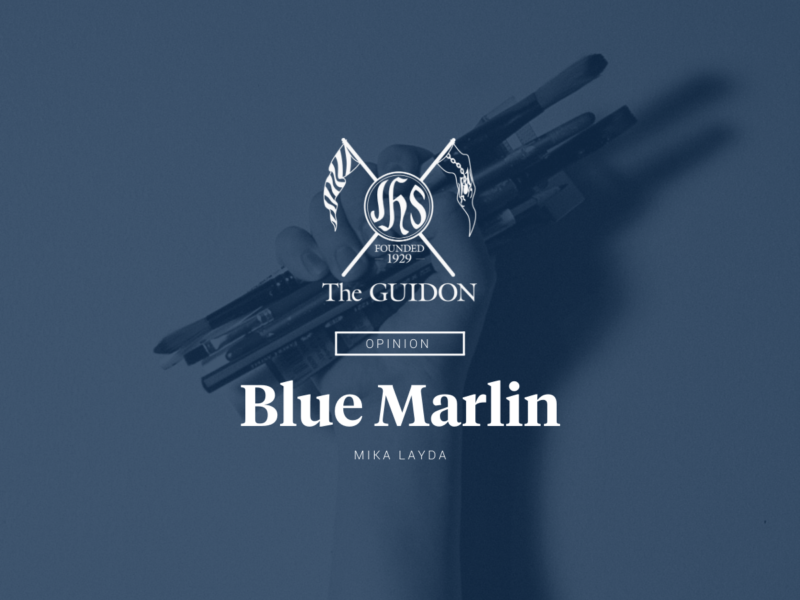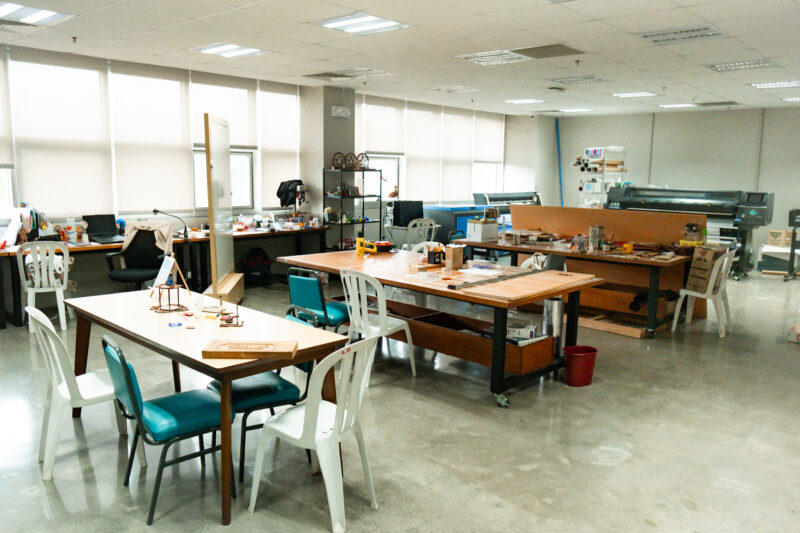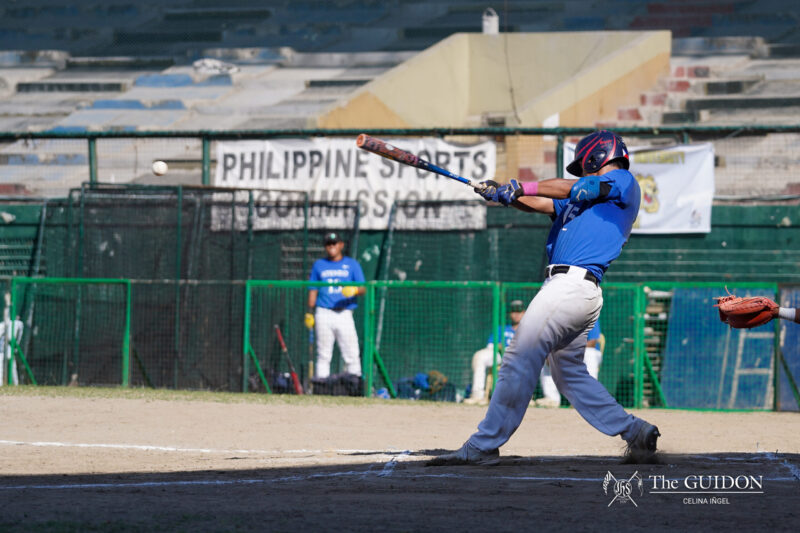“There were at least 7 explosions near Sarinah Mall and Starbucks around 10:37am.”
This message from my mother was the first thing I woke up to after a red-eye from Jakarta. By the time I read it, she was on her way to pick up my sister, whose classes had been suspended, with my father, whose work had been similarly cancelled for the day.
Terrorists had struck the very heart of the city, bombing a Starbucks café in the central business district, just two kilometers away from the symbols of pride that are the National Monument and the Istana Merdeka, the Indonesian presidential palace.
The hours after the attack draped a dreadful atmosphere of terror across the city. Starbucks cafés across the capital were shuttered in fears of copycat attacks from other dissident forces. My friends working and living near the blast site posted harrowing images of what normally is one of the most congested areas of the capital completely deserted, with only heavy tanks peppering the major roads around the attack site.
It seemed that the Islamic State of Iraq and al-Sham (ISIS) had finally made its first appearance on the soil of the world’s biggest Muslim nation. This notion had drastic implications. Had ISIS truly made good on its plan to establish itself halfway across the world from the caliphate’s borders? Was religiously moderate Indonesia about to fall into the clutches of extremism?
While the attacks here were on a much smaller scale than others before it, the threat was very real. The fear was very palpable, with my family fearing for their lives while I lay on my bed, a four-hour flight away from the attack site.
The international response to this catastrophe didn’t help to allay my fears; it was as if the world was completely blind to what happened. Compared to other attacks by ISIS, this was just a blip on the world’s radar. There were no flag filters draping profile pictures in solidarity. There was no safety check to calm the nerves of Jakarta’s millions. No story dedicated to remembering the innocent that have so wrongly perished. No outpouring of grief from millions across the world. The apathy was astonishing.
A tragedy happened. People died. Millions of lives were affected. What made other places more deserving of grief than others?
I’d soon find out that Jakarta didn’t need any. The usual heavy traffic gridlocked the one-time battlezone the next day. One day later, Starbucks stores across Jakarta were reopened. My sister was back in school, complaining to me about her math homework. Two-and-a-half weeks after the attacks, coffee lovers streamed back in the reopened attack site as if nothing had happened, welcomed by baristas wearing shirts with #ShareLove emblazoned on their backs.
While the attack was still underway, one particular image caught significant attention on social networks. It was not one of gore or of horror: It was of a kaki lima, or street food vendor, continuing to cook and sell sate (barbecue), in the midst of the smoke billowing and shots firing just meters behind him.
In a classic instance of stubborn resilience, this one man was the perfect example of what every Jakartan had (and still has) to say: Kami tidak takut.
We are not afraid.







